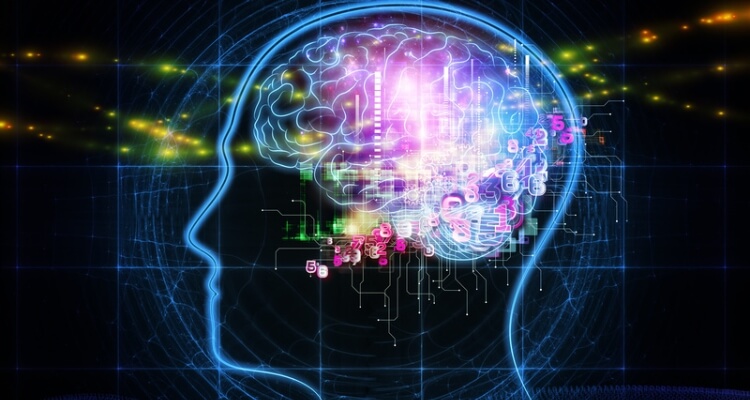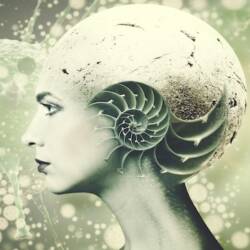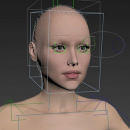The Future of Sex Is Mind-Reading AI That Reveals Your Deepest, Most Unconscious Fantasies
Is AI mind-reading adult entertainment’s next big thing – or something much more profound for humanity?

The fantasy algorithm
Scientists from the University of Copenhagen and the University of Helsinki recently combined artificial intelligence with an electroencephalograph (EEG) to generate, as the title of their paper says, “personally attractive images.”
Published in IEEE Transactions on Affective Computing, the process began by wiring volunteers up to an EEG and showing them a wide range of human faces.
Trained by their positive or negative reactions and steadily refined by monitoring the subjects’ brains, a neural network then generated its own set of ever-increasingly pleasing faces – until finding the one each subject considered, to put it mildly, extremely appealing.
While the process has yet to be fully developed, it is entirely plausible that technology like this could reveal and let us virtually interact with erotic fantasies and preferences plucked straight from our unconscious mind.
Generating fantasy
The technological possibility to generate your own fantasies could come sooner than we expected. When you get right down to it, the only thing stopping us from projecting our innermost desires is an affordable home brain-scanning device.
The image-generation side is practically around the corner if you consider how neural networks like DALL-E 2 have already begun changing how we think about art – and what is necessary to make art.
While there are currently safeguards and restrictions that prevent neural networks from (intentionally) generating explicit images, the increasing popularity of AI imagery means sooner rather than later, the erotic genie will be let out of its bottle.

Decoding fantasy
Among their other accomplishments, these researchers have developed an effective method of detecting what we find attractive. Previously, the technology could only decipher facial expressions, eye movements, or physiological charges, like a polygraph test.
Now the subtlest like or dislike can be detected, making an artificial intelligence’s job to progressively fine-tune curated image generation much easier.
Even if portable and affordable EEGs are decades away, tapping into our sexual subconscious using these techniques could still do the trick, particularly when further refined or integrated into already existing facial recognition software.
Interpreting fantasy
While the ability to access our unconscious desires has tremendous therapeutic and recreational value, like creating customized erotic worlds to immerse ourselves in, projecting our sexual fantasies may turn out to be less exciting and far more disturbing.
What happens if a mind-reading artificial intelligence is too good at its job? This might result in anything from humanity getting trapped within a hyper-arousing virtual dreamscape to the technology becoming an addictive drug.

Living the fantasy
Focusing exclusively on how the technology or social charges might be detrimental is a surefire way to keep it from people who might benefit from it.
Brain-scanning and image-generation systems have the potential to revolutionize mental healthcare and thoroughly reinvent the adult entertainment industry.
There’s a gap in adult entertainment between what producers speculate arouses people and what actually does provide arousing content for consumers. If mind-reading AI makes its way into adult entertainment, no longer will that be the case. Once producers know what turns their customers on – no one will ever feel like their sexual needs aren’t respected.
Though there’s also the possibility that merging mind monitoring with artificial intelligence will mean the end of porn as we know it. After all, there’s no reason to buy when we can excite ourselves like never before – by flipping a switch or asking your computer to “turn me on.”
Beyond the pleasure-for-profit possibilities, this technology might change humanity for the better, and not just sexually.
This unique synthesis of EEG brain-scanning and neural network image generation might give people the much-needed opportunity to understand and learn from our deep-seated fears and biases and come to terms with our unconscious desires.
This self-awareness could give us the sweetest of fantasies: a world where accessing inner awareness allows us to look outwards with understanding, empathy, and compassion.
Images sources: NIH Image Gallery, Unsplash, Flickr

















